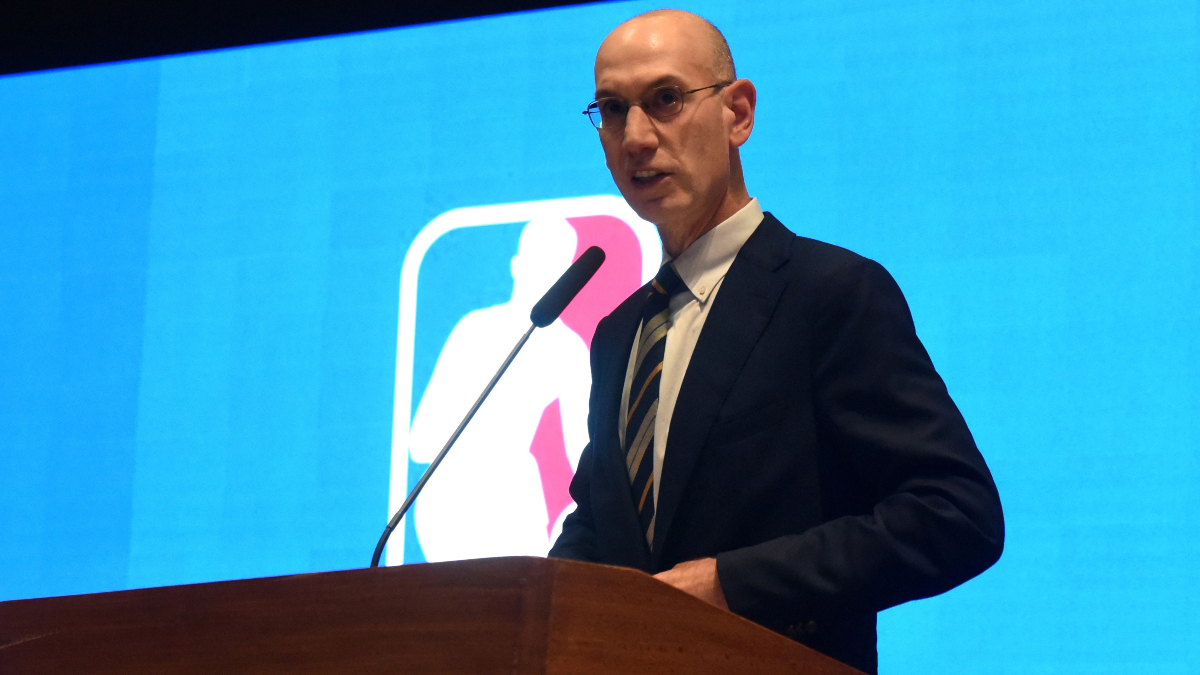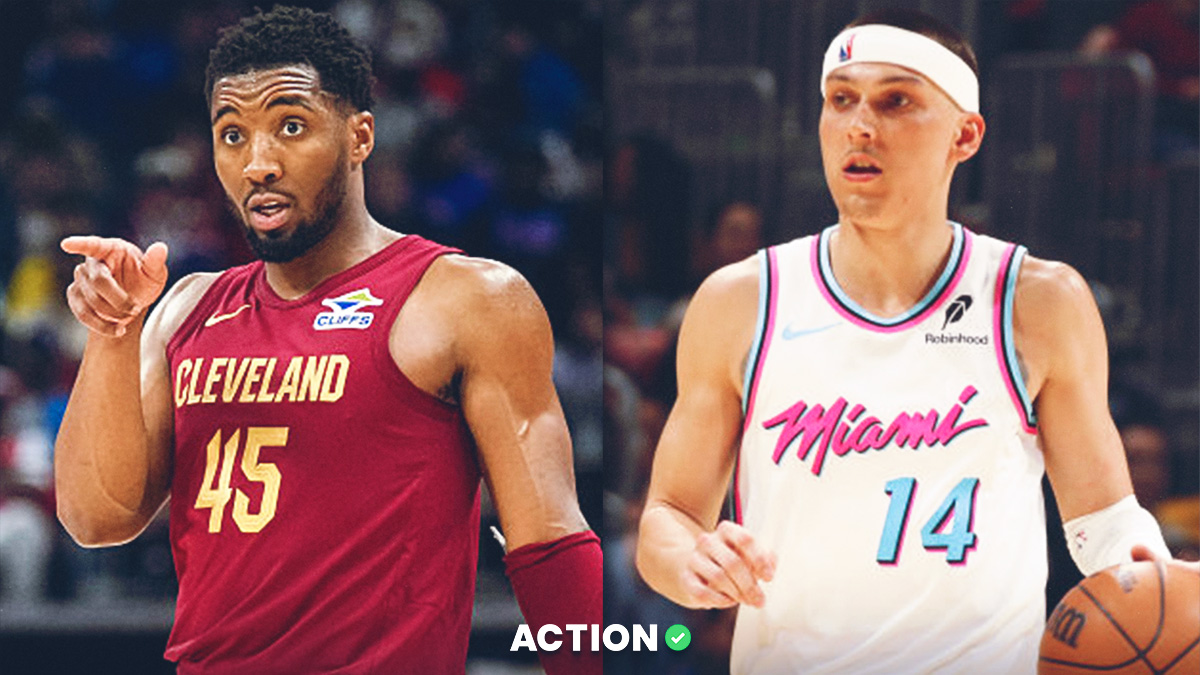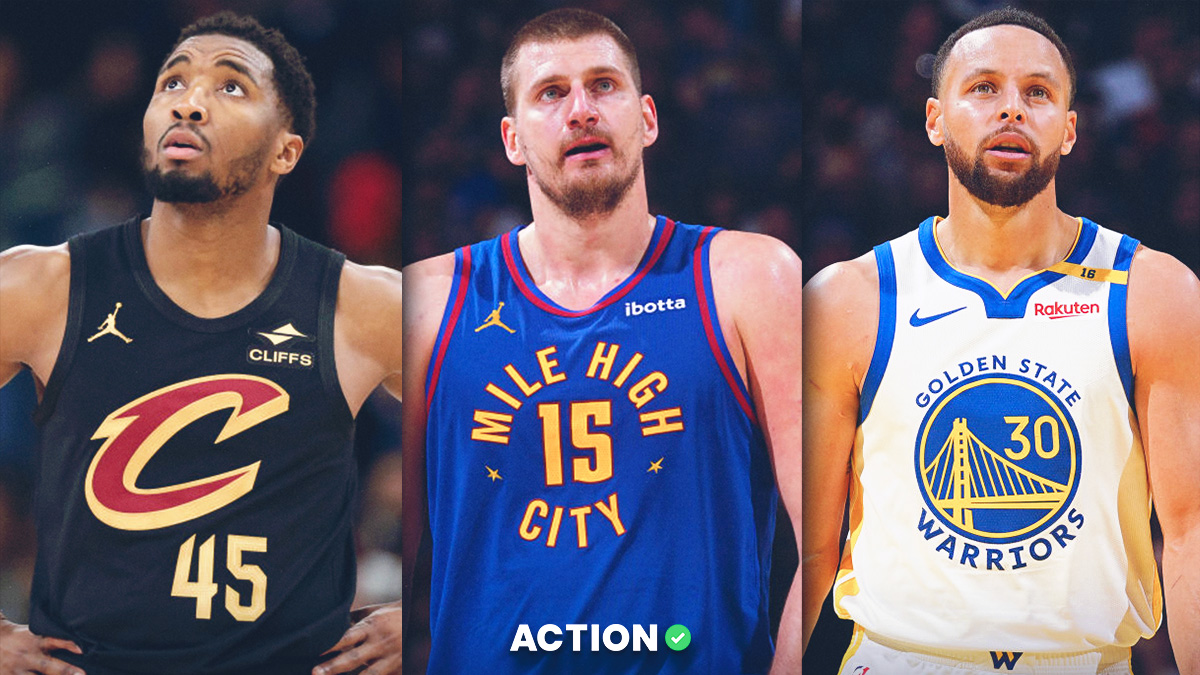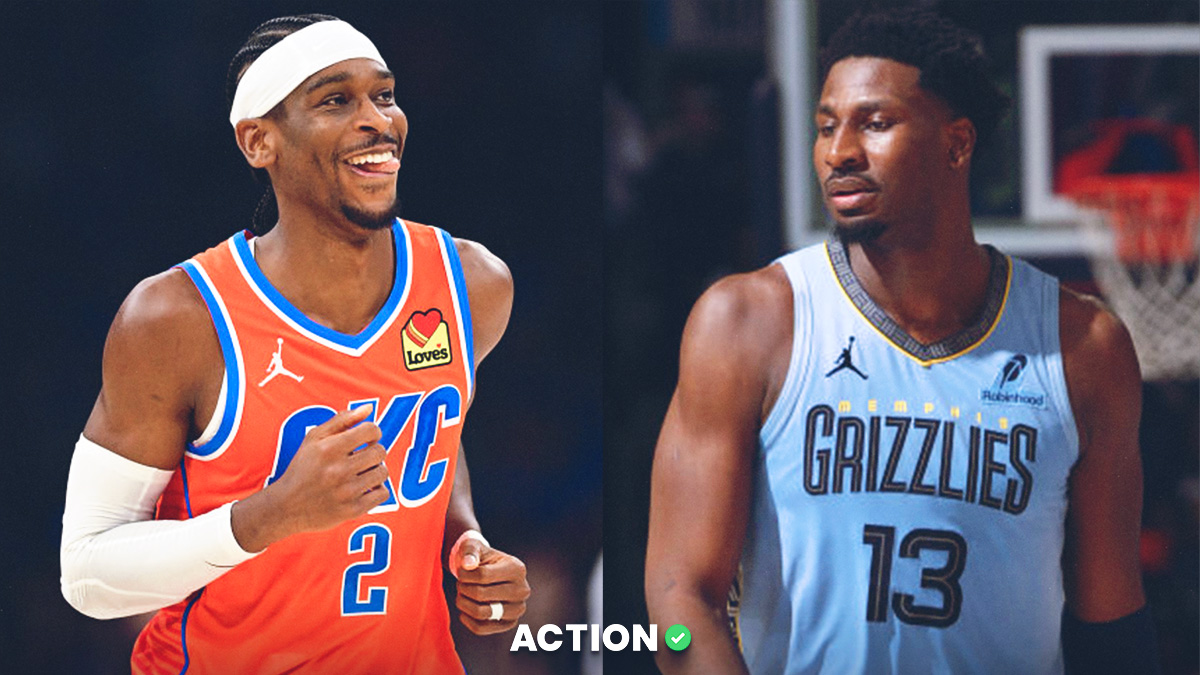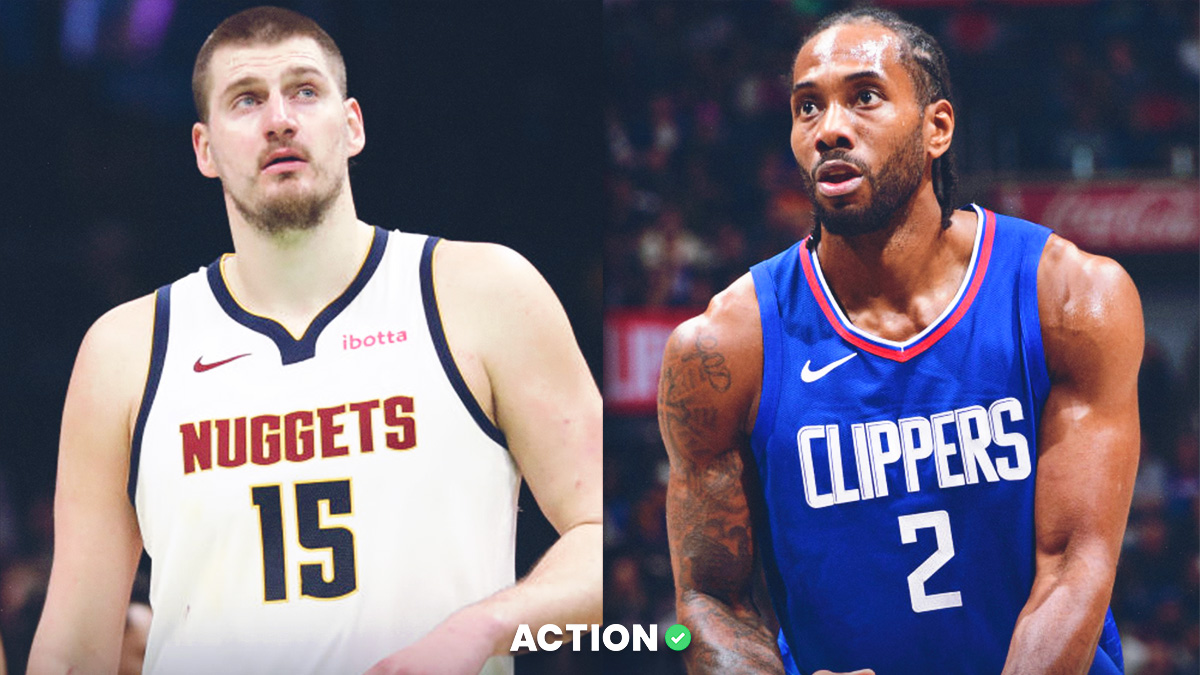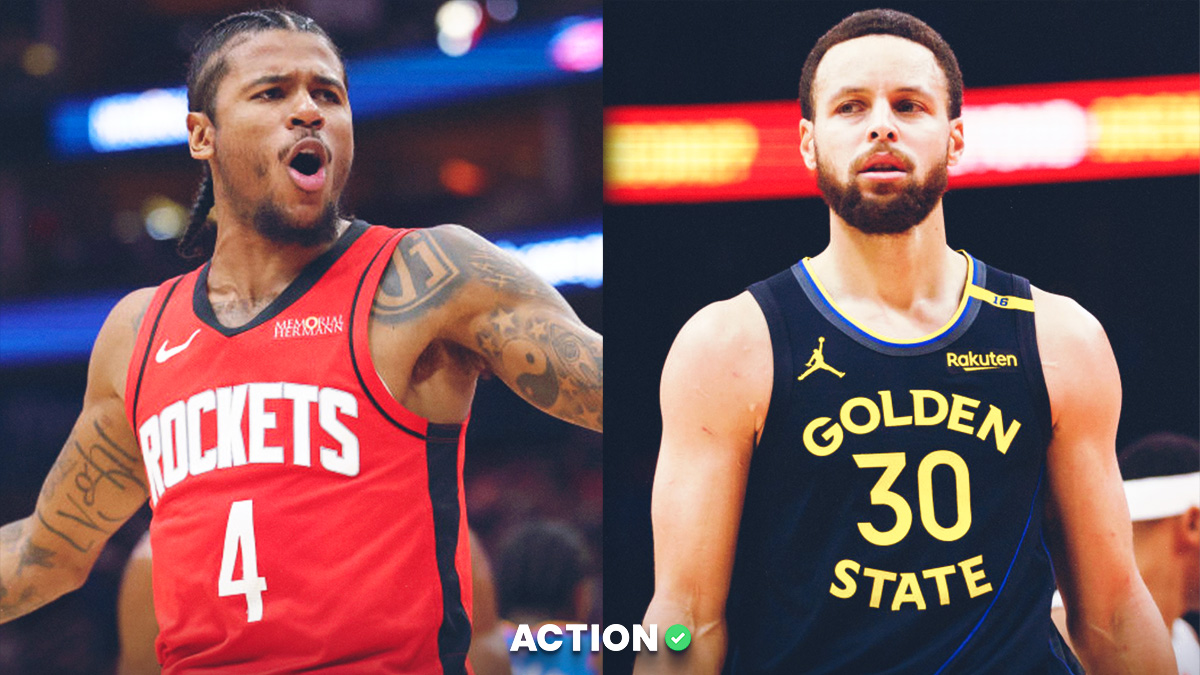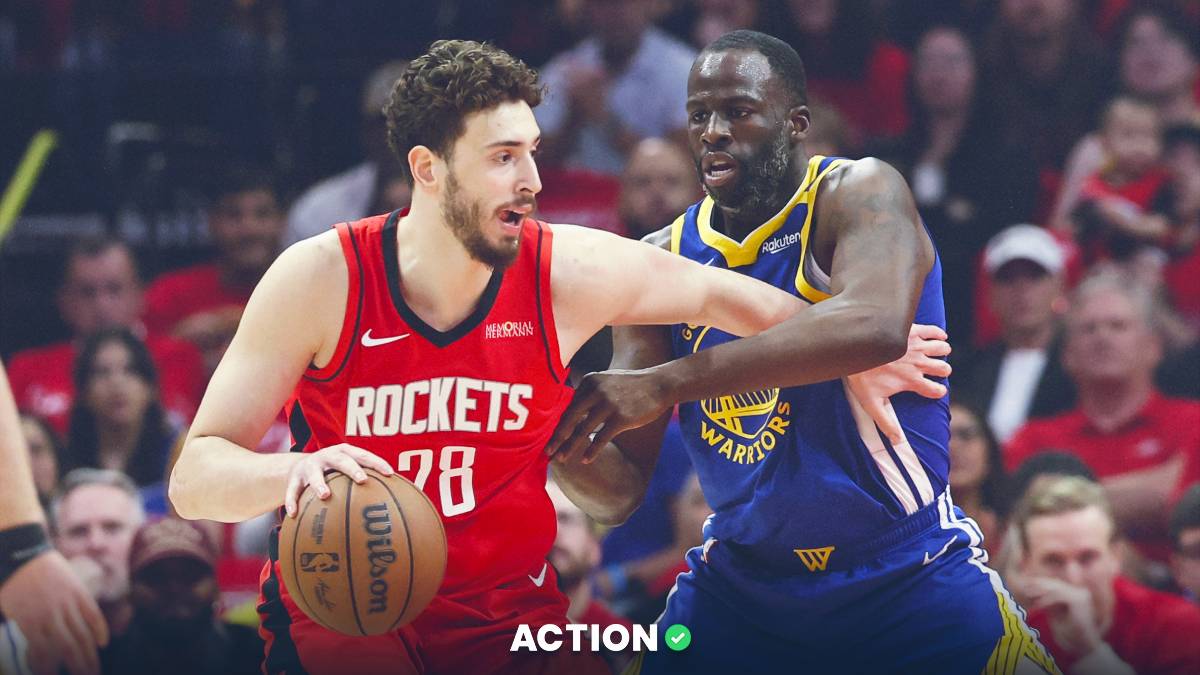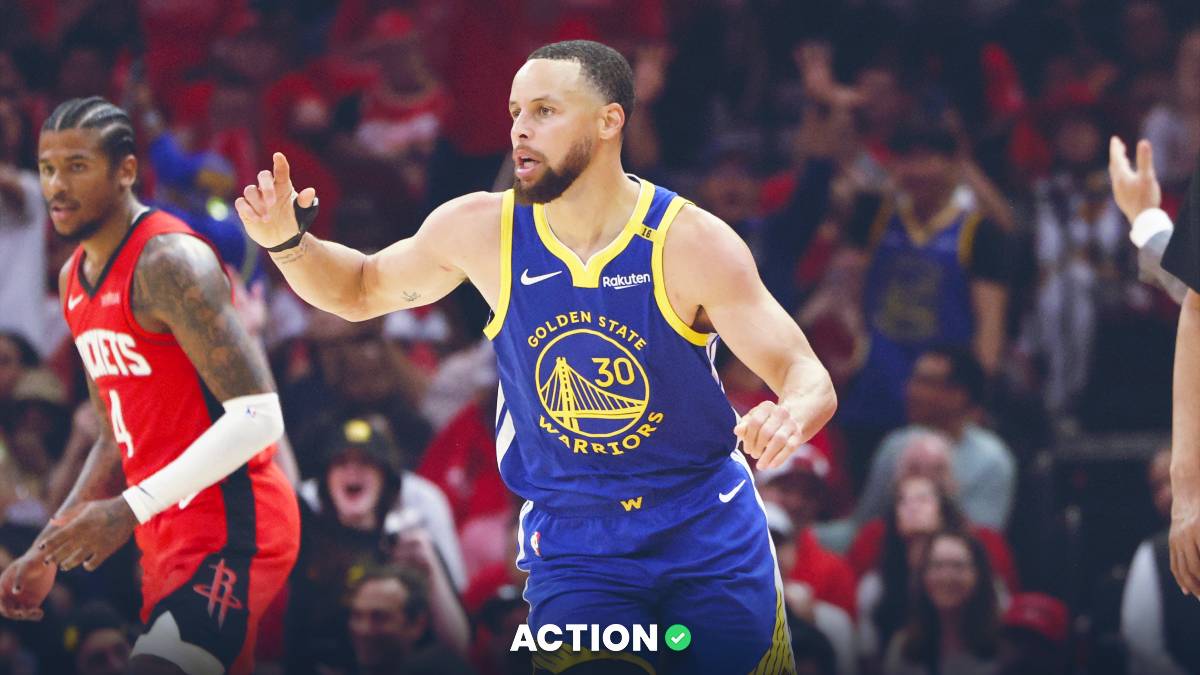The NBA is coming back, and that's a good thing — a great thing — provided it can be done safely and a champion can be crowned with somehow no one testing positive for COVID-19 through the process.
The way it's coming back, though, is a frustrating mire that reveals the return for what it is: a financial necessity for a business attempting to recoup its losses and get on with the future.
Details are still developing, and much can happen between now and the formal ratification of a plan on Thursday. But the current plan provides more questions than answers.
WHAT'S THE PLAN?
ESPN reported Friday that the league's board of governors is set to approve a plan from commissioner Adam Silver for a return to play on July 31. The structure would likely include 22 teams playing in both a select number of regular season games and a play-in tournament for the final playoff spots in both conferences.
That structure would include the four teams included in most 20-team formats (Blazers, Pelicans, Kings and Spurs) along with the Suns and Wizards, marking the first time this season anyone has said, "Hey, what about the Suns and Wizards?!"
PROBLEMS WITH THE PLAN
This is, in many ways, the biggest compromise that could be reached. It is the end result of what should have been a collective movement to provide the best product for a country and world eager to devour whatever sports entertainment can be provided — an opportunity to reshape what the NBA is and how it is perceived by casual and die-hard fans alike.
Instead, we're getting something safe and comfortable that somehow is less actually safe from the virus than alternatives.
The group play concept discussed last week was too radical and left too many teams out, all the while risking what the top-six seeds in each conference had accomplished during the regular season. The argument was that those teams had earned their spots, and putting them at risk of missing out entirely in group play would have invalidated the regular season.
I have two questions about that:
- The regular season concluded nearly three months ago. This is the same duration as a normal offseason, as one NBA executive remarked. This isn't a continuation. It's a whole new concept. So what does that really mean?
- This isn't about validating the regular season for those teams advocating for it; it's about protecting their positioning and who they'll have to face while best improving their chances to win the title. That's fine, but we should be more honest with the reality of how much of this is guided not by what's best for the NBA but selfish desires from competitors. Again, that's understandable but let's be straight with it. And if that's the reality, why are only a select number of teams going to benefit?
Instead, the league is going to (likely) bring 22 teams, which is two more teams than the group concept, to Orlando. Those are a mix of teams that wanted a chance to compete for a playoff spot and some that are basically there so they don't get fined.
This inherently is a pretty bad way to go about it on multiple levels:
- Every single team increases the risk vector of spreading the disease. Now, all of this is a risk management game, not only for the league but for the planet. But if you're going to bring more teams, you need to bring them for a reason; there needs to be actual stakes at play.
- There is an inherent need for warm-up and conditioning, which is why the regular season games will take place. However, any construct of a regular season schedule for another 7-8 games is going to be more widely spread than the group play. In group play, you're playing four other teams twice, which basically creates a "pod" for the virus to spread. Now, instead, there's a much wider connective social tissue: for example, the Wizards might play eight different teams, who all play different teams. All 22 teams are substantially higher at risk. Again, the need for non-playoff games is consensus among the league, GMs, trainers, coaches and players. But the structure of it matters.
- This substantially prolongs the entire process. The more time these teams spend in proximity to each other increases the risk of infection. With the reported increase around eight more games — with appropriate rest time in between — that's two weeks at an absolute bare minimum. The play-in tournament takes another week or so. That puts the start of the playoffs at the end of August. The playoffs typically run from mid-April to mid-June, a full two months. That puts the end of the playoffs roughly around mid-October.
- Even if the league extends the start of next season to January 1, you'd need about a month of training camp and preseason. Teams would have to report around December 1, meaning the teams that went to the Finals would get roughly six weeks off before going back to the grind. The Warriors, Bulls, Knicks and other bottom-dwellers, in contrast, would have had nine months off.
- Compare this to the group stage, which eliminates the first round of the playoffs entirely by replacing it with group play. There would be three weeks for group play, six weeks for the playoffs. Or compare it to shortening the first round to three-game or five-game series, which would accomplish the same.
THE BIG PROBLEM: THIS ISN'T AN OUTLIER; IT'S A MAGNIFYING GLASS
A recurring argument against the group play concept (as elucidated by The Athletic's John Hollinger) is that by the end teams will start resting players if they've either been eliminated or clinched a playoff spot through group play. What's crazy about this argument is that we're about to see some of the absolute worst basketball imaginable in Orlando in two months in the warm-up regular season play.
Yes, it was always going to be a less quality product compared to NBA norms following a three-month delay with limited conditioning availability — and with games played in empty arenas. But it's a similar problem that already exists with a normal NBA season. The last six weeks of play are largely subpar but are swept away in the length of the season.
If the NBA decides on eight regular season games, the most games the Clippers could win this season would be 52 games. So the Lakers would just have to get to 53, meaning that if they win their first four games? That's it: They have no reason to risk their starters the rest of the way, especially in this environment.
Now, what if a team in the cut-off range for the play-in tournament plays the Lakers and Clippers down the stretch vs. another team that plays teams still trying to get in?
Another question: What exactly is the point of protecting seeding? There is no "home court" here. If you want to avoid certain matchups, sure. The Raptors have the incentive to try to avoid the Bucks for as long as possible. But if you're the Nuggets, does it matter if you play the Rockets, Jazz, Thunder or Mavericks?
Seeding just doesn't matter for most of the teams invited.
"Oh, man, I have to play in the [solid color] jersey, instead of the [home] jersey; this matters so much," one player told me last week sarcastically.
These are the same attitudes players tend to take in the last month of the regular season. Yes, home court matters, but players always feel they can go on the road and win — and as far as who they'll play, the answer is always, "we're facing a really good team no matter what; it's the playoffs."
The reality is that the NBA had two choices for its return. One was an inventive solution that created real stakes in its structure while limiting exposure and at the same time giving the teams chasing the Western Conference 8-seed (specifically Zion Williamson and the Pelicans) a chance to get in. Instead, they've opted for the safest option while increasing risk with more games with less on the line.
The money matters here, but how they make it should matter, too.
Ultimately, the league is just trying to get through this stressful, fraught situation as peacefully as possible to try to accomplish a number of goals:
- Make as much money as possible within reason off regular season games and the playoffs.
- Crown a legitimate champion.
- Give the teams chasing the 8-seed — particularly and pretty much only Zion Williamson's Pelicans — a chance to make it. It's not like the league is hoping the Spurs make it in (which they could in this system).
THE AGENDAS AT WORK
To the league's credit, it legitimately backed the group play concept and other more novel and constructive options.
But agendas are fierce at the board of governors meetings. Those in a position to win a title want to play no matter what and want their advantages acquired in the regular season maintained.
Those who have no chance to win the title don't want the added risk of going at all.
Those with a slight chance want their chance magnified, and since it's "just Memphis" in the 8-seed, the league will add on extra games with extra risk for it.
Let me put it this way: If the Pelicans were the 8-seed, the league would be more amenable to just taking the top 16 and calling it good.
The money matters from the extra games, it's hundreds of millions of dollars. But the NBA is not having a play-in tournament so that Damian Lillard plays; the games without stars would still make money. There's very clearly a desire to get the most financial opportunity out of the playoffs and that needs stars and Zion Williamson is a bonafide star.
Speaking to executives this week, a common thread emerged: Most of them who aren't serious title contenders but are in the playoffs feel a shared sense of responsibility to participate and support what Adam Silver recommends "for the good of the league." There's a sense of obligation for the institution of the league as well as its fans.
The NBA needs to capitalize on this. Silver needs to not make the mistakes of previous commissioners in thinking he "works for the owners." He's made them countless hundreds of millions with his efforts to expand the game globally and domestically. He has a seemingly nearly endless store of credit built up.
Silver has the authority to lead the league in a different direction, but the conservatism of this approach isn't just an issue with ownership and agendas — it's reflected in the hardcore NBA fan discourse you see every day on social media. Most people just want them to start the playoffs… but the players and teams all agree they need warm-up games. So if you're going to do that, you're going to have regular season games (which are ultimately pointless, especially if you have a play-in tournament).
The likely solution authorized this week isn't perfect; it's just meant to solve the problem of how to get the league back. That's understandable; these are unprecedented times.
But there were so many ways to construct better scenarios for the return to play, and instead agendas and the very real financial implications have created the option that is both most acceptable and least appetizing on all fronts.
Bon appétit.


